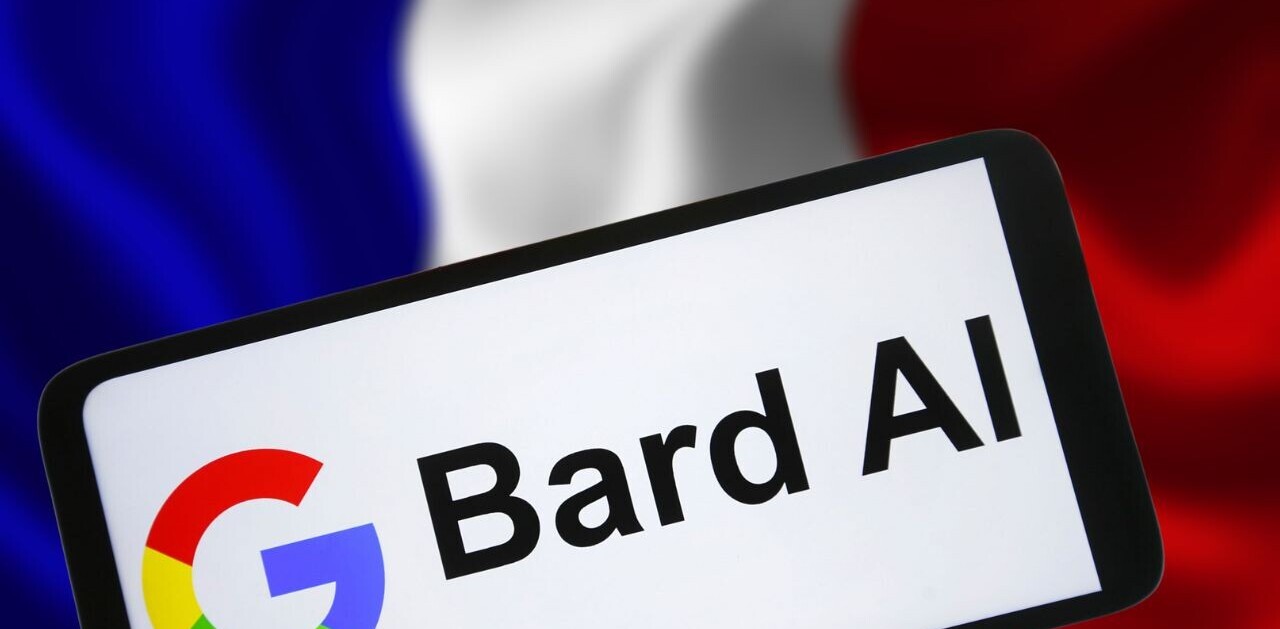
 “Etched in the Internet.” It’s a phrase that is more serious than any stone or blood inked parchment.
“Etched in the Internet.” It’s a phrase that is more serious than any stone or blood inked parchment.
Googling a person has become the easiest access to his or her identity. In many professions, the impression you make on the Internet is better than a resume. But what happens when the skeletons in our closet- whether deserved or earned by misfortune, come out to haunt us on the Internet?
In Spain this week, the country’s Data Protection Agency filed 90 court orders against Google at the request of individuals who want Google to remove specific links that shed a dim and untruthful light on their past. For example, one case includes a surgeon who was absolved of charges of criminal negligence in 1991. If you were to Google him, you would see a Spanish newspaper reference the original case but not the acquittal.
The National Court heard arguments from both sides on Wednesday. Google argues it is not a publisher, it’s simply an intermediary platform for content and its lawyers are arguing that its publishers who should be responsible for the content.
“We are disappointed by the actions of the Spanish privacy regulator. Spanish and European law rightly hold the publisher of material responsible for its content,” Peter Barron, Director of External Relations for Google, said prior to the hearing.
“Requiring intermediaries like search engines to censor material published by others would have a profound chilling effect on free expression without protecting people’s privacy,” he said.
According to the Spanish Data Protection Agency, the original publishers cannot legally be ordered to take them down. The agency is arguing that Google’s service violates their citizen’s privacy rights.
“We face a violation of fundamental rights,” said Gabriel Gomez, a lawyer acting on behalf of the surgeon. “The Internet can’t be a refuge for insults, threats or offenses.”
Google says this case is the first of its kind and the Spanish court’s decision mandating the deletion of links will hurt freedom of expression. Lawyers for Google pointed out that the Spanish data agency has not yet asked the news publishers to modify or delete their content, which seems like the natural first step before taking on a giant like Google. Google also points out that there are tools available so that newspapers can block search engines from indexing certain material.
But the more important issue here is, will the ruling effectively give Google publisher status? Should Google be held accountable for content it displays on the Internet? Google does block certain illegal information such as child pornography sites.
“All the sentences (in other countries) under which Google has de-indexed pages are sentences which declared the content illegal,” said Google lawyer Javier Aparicio, arguing that the material concerned in the Spanish cases was not illegal.
The case is a landmark one. (Although Google has certainly been taken to court before.) Considering the age of the Internet and the ongoing debate over online privacy, do we have “the right to be forgotten”? And if so, how will this effect what may be considerably more important- the freedom of expression and the freedom of information?
My advice? Become a blogger! It’s what I had to do so you’d never find photos of my 21st birthday party.
Get the TNW newsletter
Get the most important tech news in your inbox each week.





